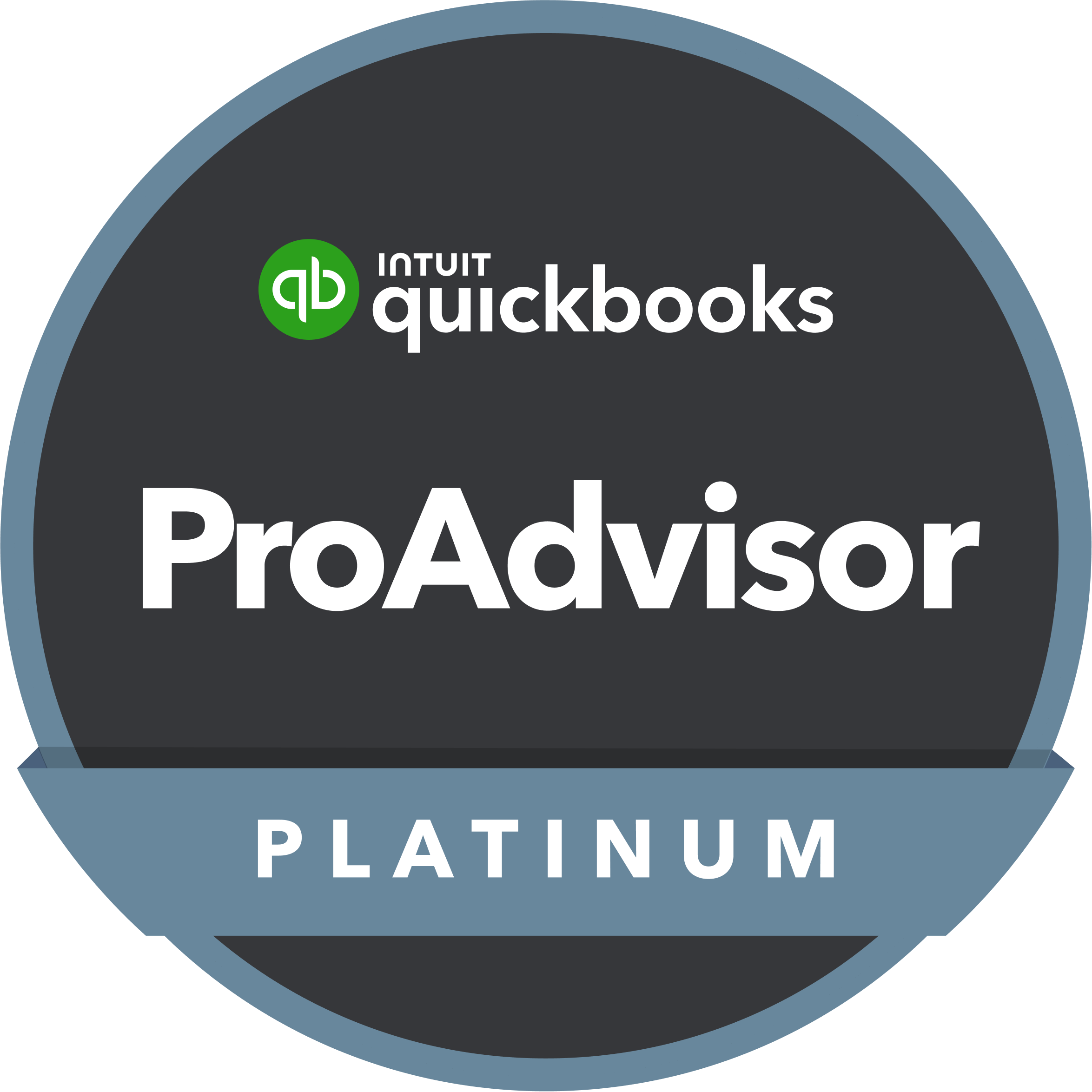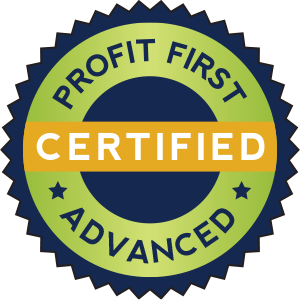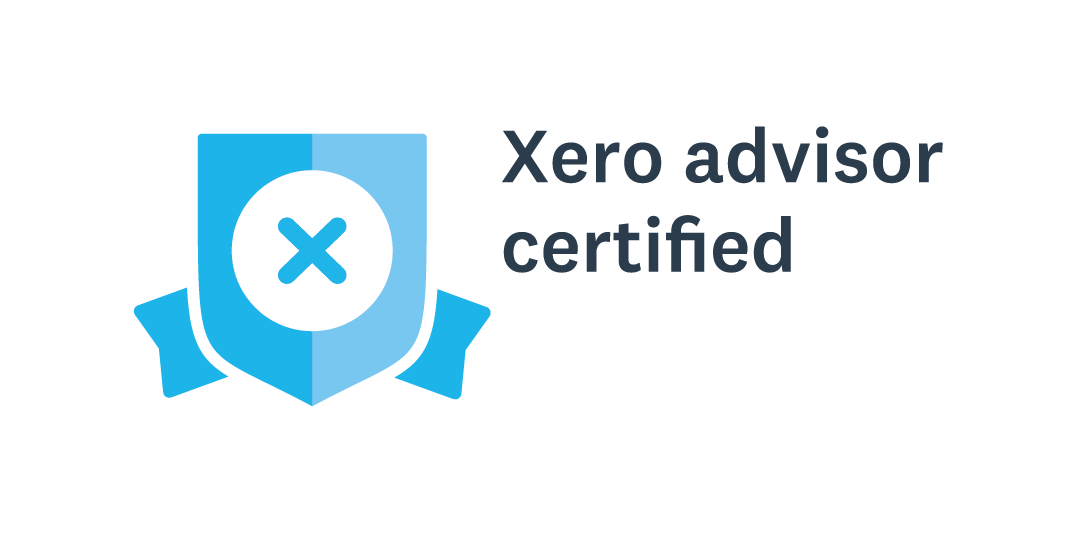Paying tax is something none of us relish. Whether we’re employers or employees, we consider ourselves squeezed from above, beholden to a wolfish higher power. Upended like cartoon figures, shekels spilling noisily from our pockets and into the government’s capacious coffers.
‘Our hard-earned money!’ we protest, aghast at the generous cut the Treasury has taken. ‘What a waste!’
Of course, such objections are only natural. But aside from the obvious mitigating factor – that tax is a fact of life, essential for the maintenance of public services – we must face down another truth: that paying more tax can actually be a good thing!
Bear with me for a second. It might seem alien to you to consider the positive implications of tax, but if you’re not Amazon or Starbucks, making greater profits generally means paying more tax. If your tax bill impels your eyes to water, the natural corollary is that your margins are in fine fettle.
Looking at it another way, what would you rather do: make modest profits while paying next to no tax; or boost your bottom line while contributing more to the public purse?
Naturally, one shouldn’t cloud or conflate the issue. Paying more tax is not a catholicon. Any businessperson worth his or her salt wants to pay what they owe; they do not, for a second, wish to incur tax liabilities unfairly. But ‘saving tax’ should never be your primary concern. And the line delineating the acts of saving tax and evading tax can often become dangerously blurred.
Furthermore, one should avoid racking their brains by incessantly asking how they can ‘save more tax’. This can all too easily become an overriding obsession that diverts your attention from where it should be: on running your business. Focus on what you can control and ignore the distraction of chiselling at your tax liabilities. Why look to recoup nickels and dimes when you can concentrate your efforts on increasing profit?
A mania for saving tax doesn’t only place a premium on your time, but it can have the opposite effect to the one intended: namely, it can cause you to incur greater costs than you aspired to save!
Imagine, for instance, that a desire to slash your tax bill leads you to incorporating your business. Six months down the line, admin costs, professional fees and subscriptions to regulatory bodies have rocketed, meaning you’ve now squandered more money than you’ve saved. And all you wanted was to save a bit of tax!
There’s also another small matter to consider – the fact that HMRC change the rules on rates, reliefs and allowances every year. There’s every chance you could spend weeks realigning your tax liabilities, only to find that a rule change has invalidated any advantage you may have gained. This very thing happened to multiple sole traders ten years ago, after incorporating their businesses to claim the now non-existent corporation tax allowance.
The take home is this: so long as you are tax-efficient, you shouldn’t worry about paying more. So long as your house is in order, and your records meticulous, you will pay what you owe. If your business is motoring, and you are tax-efficient, you are bound to incur a good deal of tax. In and of itself, this is not a matter which should induce a headache.
Recondition your attitude and look to the future. Your business will thank you for it.




